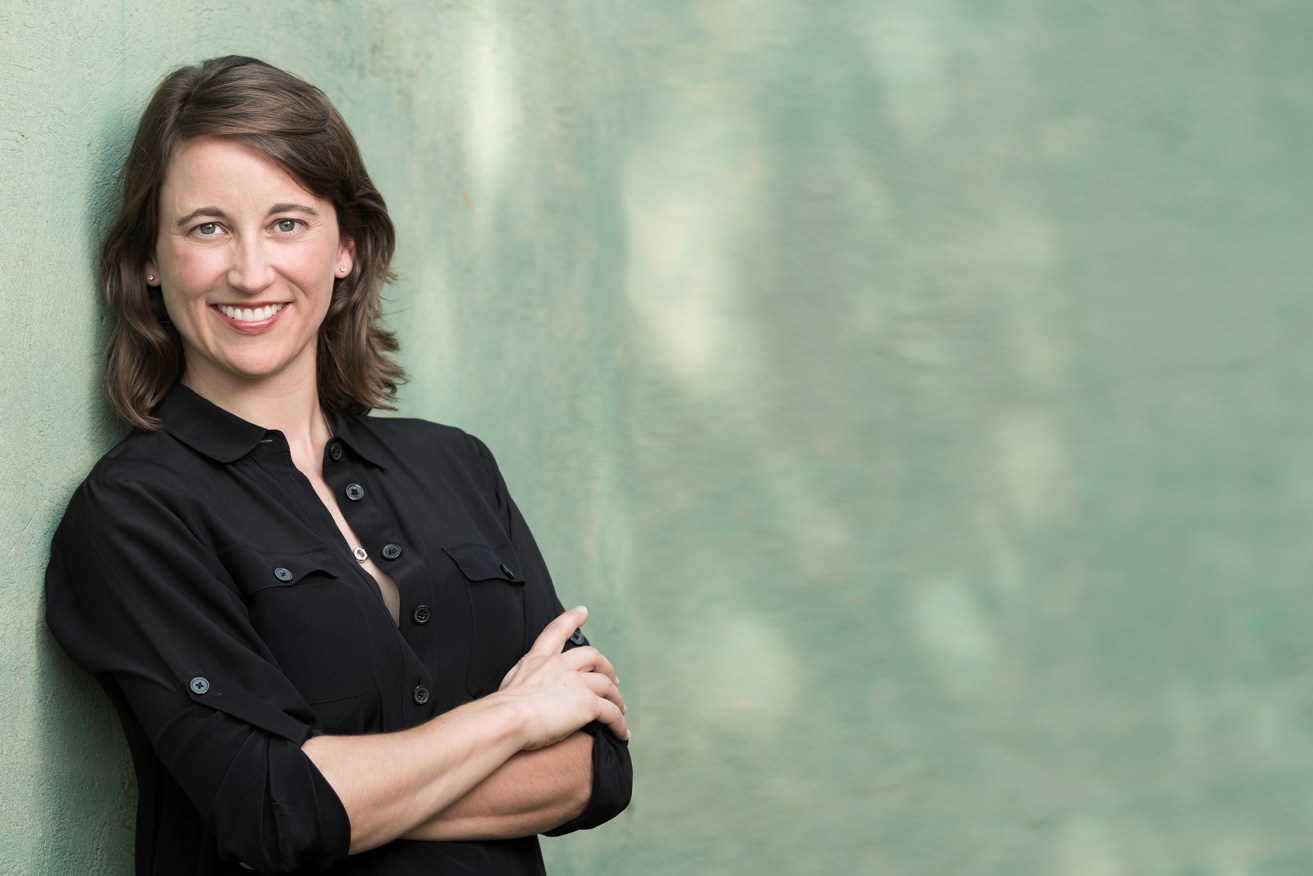The act of ‘doing good’ ripe for disruption
With governments struggling for revenue, NGOs finding they can’t fix some of society’s thorniest problems, and companies under pressure to act ethically and responsibly, SA’s newest thinker in residence believes the state has an opportunity to find a new way to make a difference in the world.


Suzi Sosa. Supplied image
Heavily-credentialed social entrepreneur Suzi Sosa is the next “thinker” in the rebooted program, which is being run by the Don Dunstan Foundation rather than the State Government.
Sosa, the co-founder and CEO of Verb, a global social enterprise based in Austin, Texas, is a “supporting” thinker in the program which is focusing on social capital – a concept which is seeking to bridge the divide between doing social good and economic success.
She will be the key speaker at the opening of South Australia’s Entrepreneurs Week on Monday, a forum run by the local branch of the Institute of Public Administration Australia, and a social capital conference on Friday (July 7).
Sosa told InDaily that a new model was emerging for solving difficult social problems which involved governments, not-for-profit organisations and profit-motivated companies working together.
“In relation to social impact, the way we have understood it for the past 50 years will cease to exist in the next 20 years,” she said.
“There’s so much change: the whole ecosystem is transforming.”
Governments have less money and popularity, profit-motivated companies are facing pressure to be more socially responsible, particularly from their “millennial” employees, and non-government organisations face challenges of their own.
“The landscape is ripe for disruption,” says Sosa.
“Adelaide is at an exciting point in time, where it can be ahead of the curve. Adelaide can embrace this transformation, leaning into it more aggressively instead of passively waiting for the change to come.”
Sosa said the new social economy was about problems being solved collectively by governments, NGOs, and the for-profit sector.
This “blended” business model has upsides for all players, by combining the best aspects of profit-motivated and not-for-profit organisations. It can also help solve some of the cultural problems within these organisations.
In NGOs, for example, it has been frowned upon to invest too heavily in infrastructure, equipment and staff salaries.
“As a result, it was very difficult to attract top talent,” she said.
“They also didn’t expect to spend too much on innovation – (the sector) was very risk-averse.
“Now in social innovation and social entrepreneurship, those expectations are evolving.
“If our social impact organisations are going to innovate, they have to allocate some high-risk capital. It’s about changing how social problems get solved.”
On the corporate side, companies are under heavy pressure to be socially responsible – and this expectation isn’t only from the public and investors, but also from employees.
“The rise of millennial employees – who now compromise about 40 per cent of the workforce – demand from companies that they work for greater social responsibility,” she said.
“They don’t want to buy from – or work for – companies they don’t trust.”
Sosa believes the social economy could be a way for South Australia to both bolster its broader economic performance, and also make the state a more attractive place for young entrepreneurs to live.
In other words, if we get the policy mix right, those millennials who are currently leaving the state for greener economic pastures could be encouraged to stay or even relocate.
Sosa said young social entrepreneurs are attracted to a low-cost environment with strong leadership, but also need access to capital and mentors.
“I don’t think the geographic location is a limiting factor – it’s more about whether South Australia has the essential elements for building the ecosystem,” she said.
“Is Adelaide a city where young innovators would like to live?”
Sosa’s vibrant home town of Austin, she believes, offers a model Adelaide could follow, with its “stay weird” culture which values young innovators.
“Is there a tolerant and liberal culture where disruptive ideas are supported and understood?
“Some of it is just about getting critical mass,” she adds, asserting that if enough social entrepreneurs start to work successfully in one place, the sector will gain a momentum of its own.
For details of Sosa’s appearances next week, go here.




